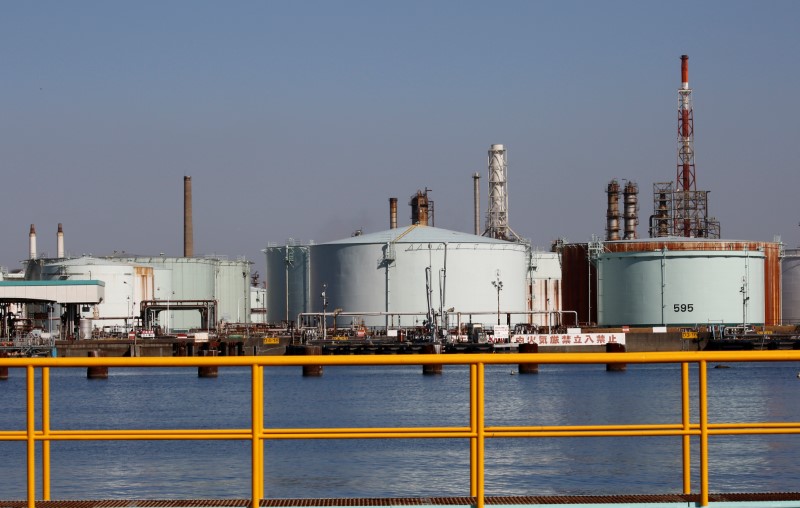This post was originally published on this site
https://i-invdn-com.investing.com/trkd-images/LYNXMPEJ2S0TI_L.jpg
(Reuters) – California took a step closer to regulating how much profit the state’s oil refiners can earn on selling gasoline after a state senate committee last week approved a proposal oil companies rejected as likely to raise costs.
The state’s Democratic Governor Gavin Newsom proposed to empower the California Energy Commission to set a state gross gasoline refining profit margin, and to levy penalties for exceeding it.
The proposal, which would require approval by both houses of state’s legislature, has a slim chance of approval after several Democratic lawmakers worried about the unintended consequences of California trying to impose a profit cap, analysts said.
Chevron (NYSE:CVX), the largest oil refiner in the state by volume, called the Senate measure “a step backward” and any approval “likely to result in less reliable, less affordable fuel for state motorists,” said spokesperson Ross Allen.
Energy investment firm Tudor Pickering & Holt said this week that independent refiner PBF Energy (NYSE:PBF) has the largest single exposure in the California market with 32% of its refining capacity in the state.
PBF did not respond to a request for comment.
“Refiners will also have to report more information to the watchdog,” said Matthew Blair, Tudor Pickering’s managing director of refiners, chemicals, and renewable fuels research.
California is the largest U.S. market for motor fuels but has some of the highest retail prices because it is isolated from Gulf Coast and Midwest refining centers.
This makes California reliant on a shrinking number of West Coast refineries and fuel imports from Asia and Europe.
Those limits make the state vulnerable to plant outages and spikes in crude oil prices such as the summer and fall of 2022.
The proposed rules will do nothing to increase gasoline supply to the West Coast, said John Auers, managing director of Refined Fuels Analytics. “It won’t do any good and it will do harm.”
Even if there is no action, the uncertainty of possible penalties will weigh on the industry, said David Hackett, chairman of fuels consulting firm Stillwater Associates.
“I think that’s exactly what they are doing: Death by a thousand cuts.”

